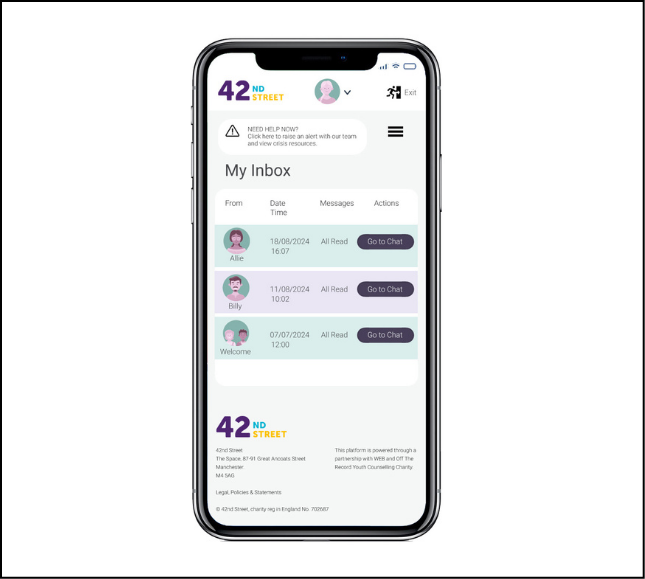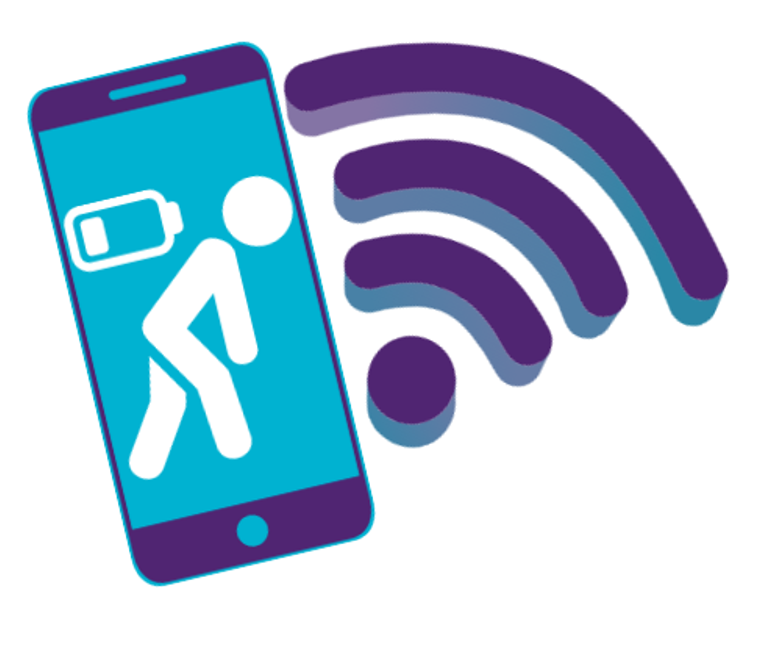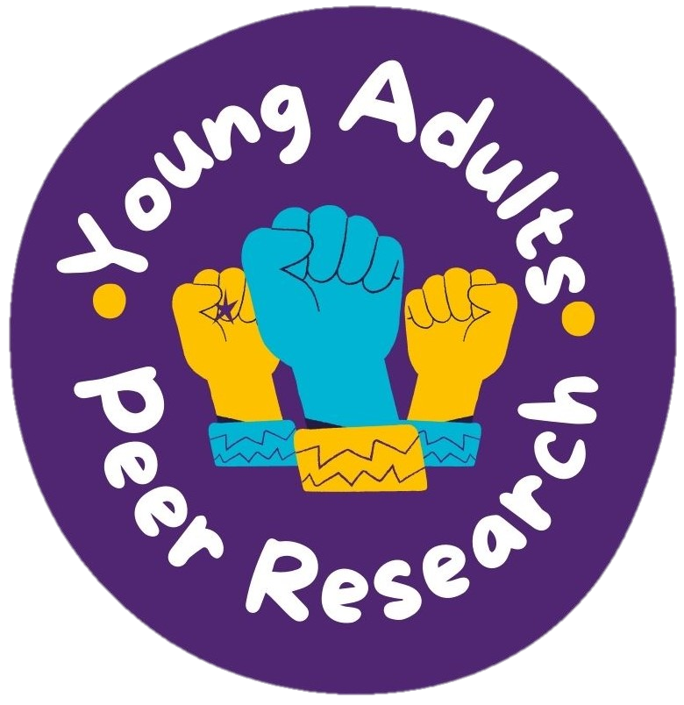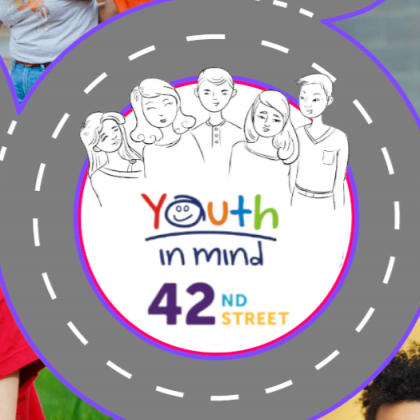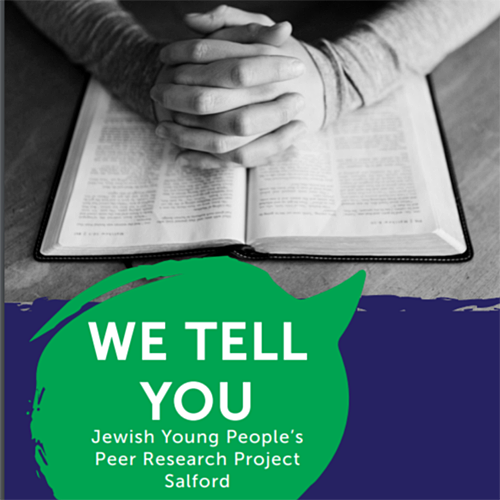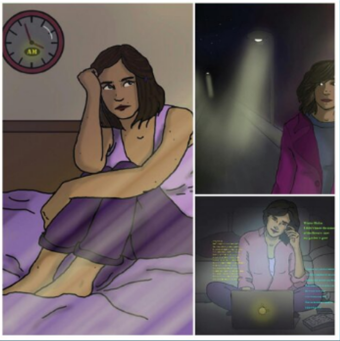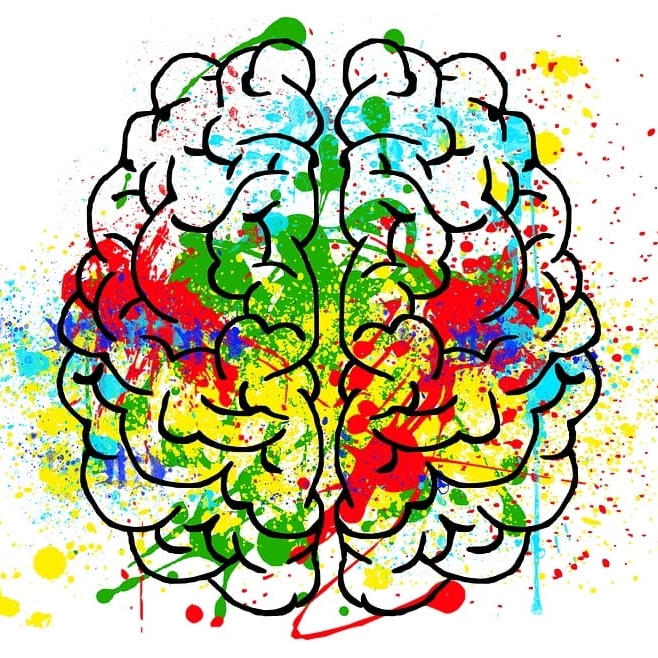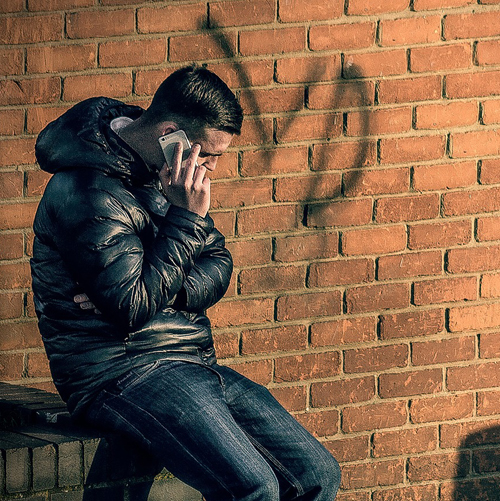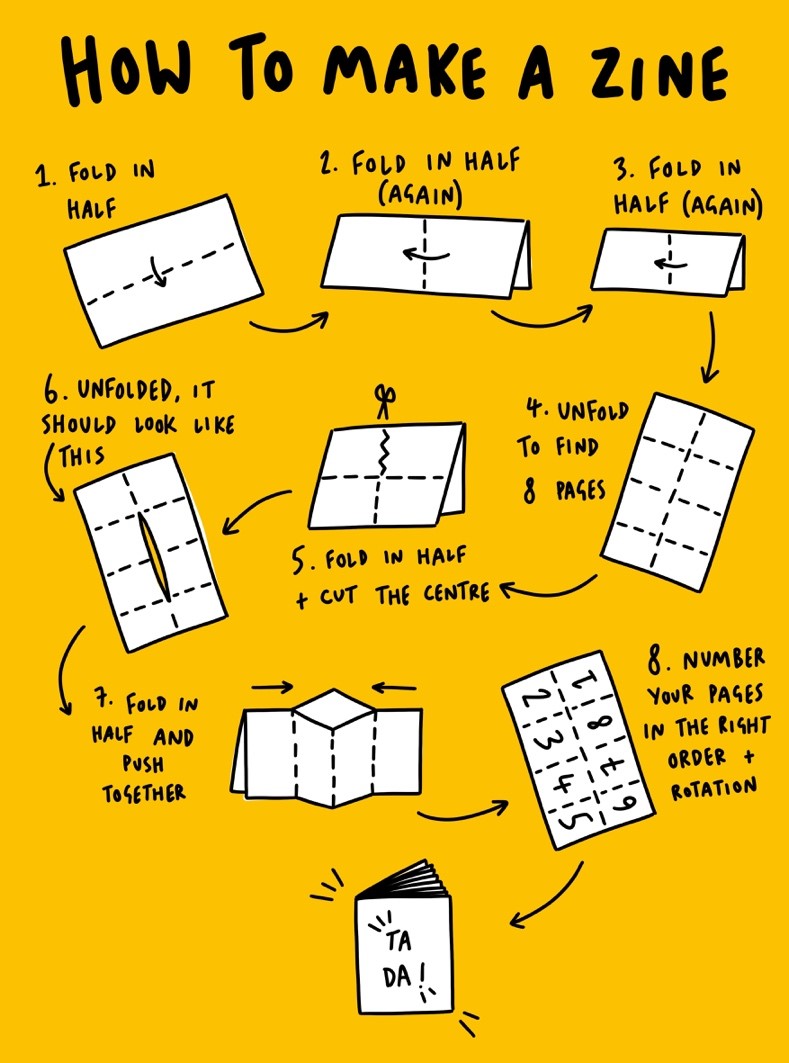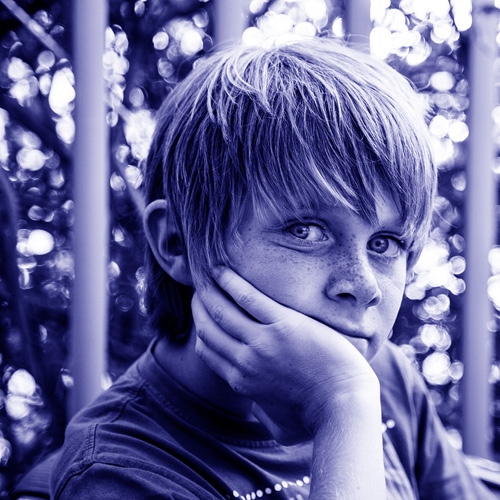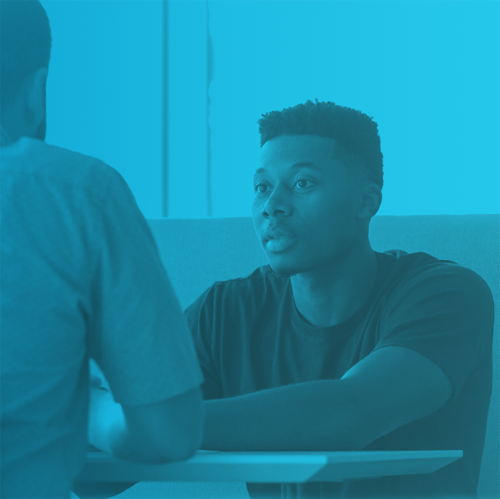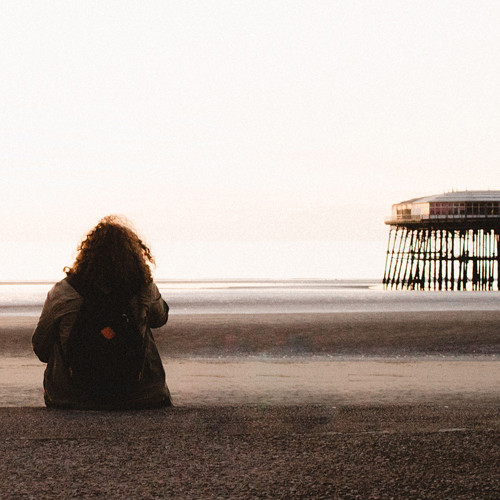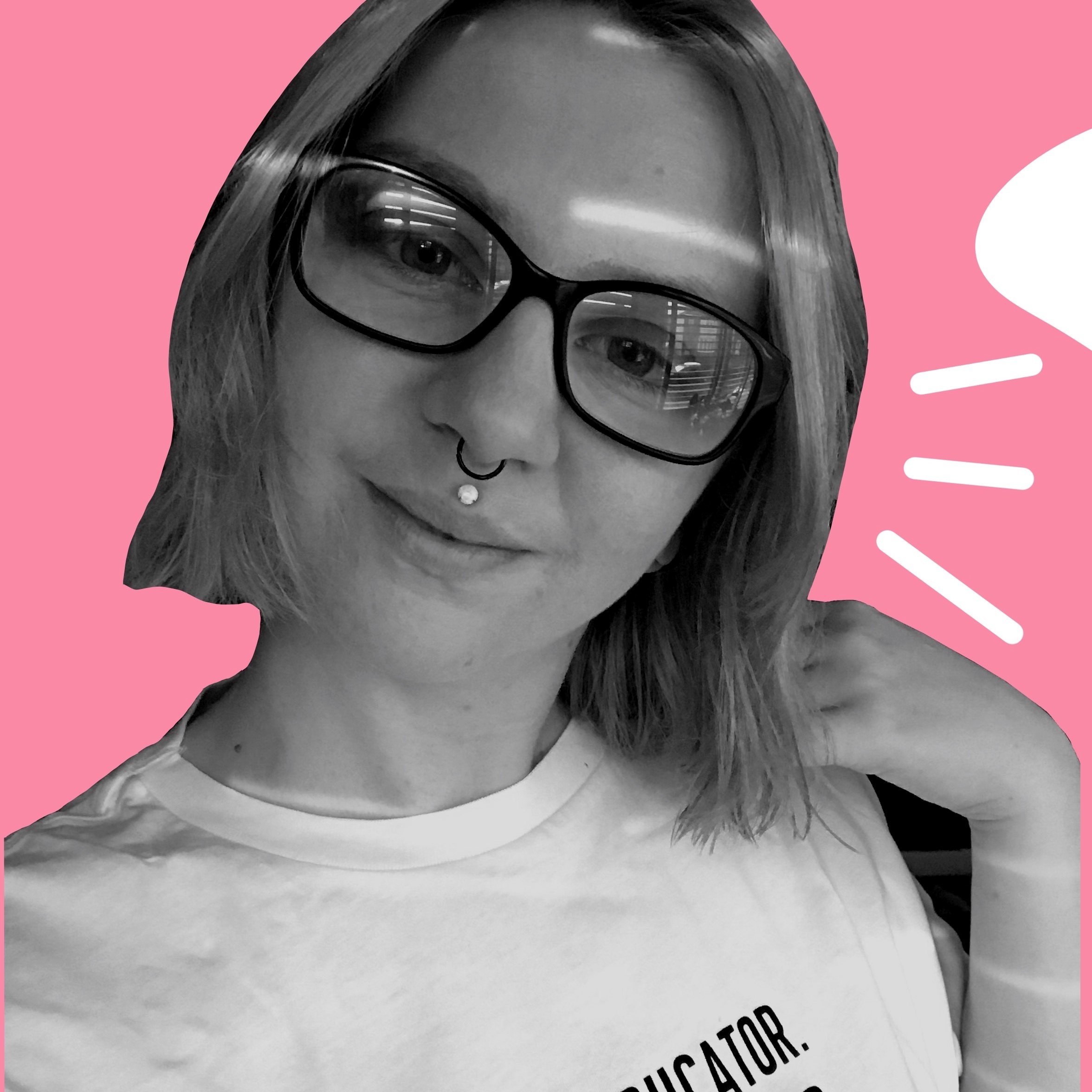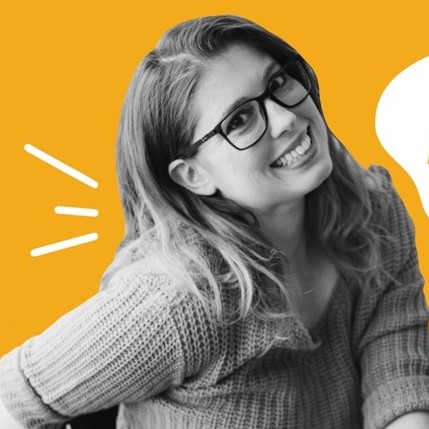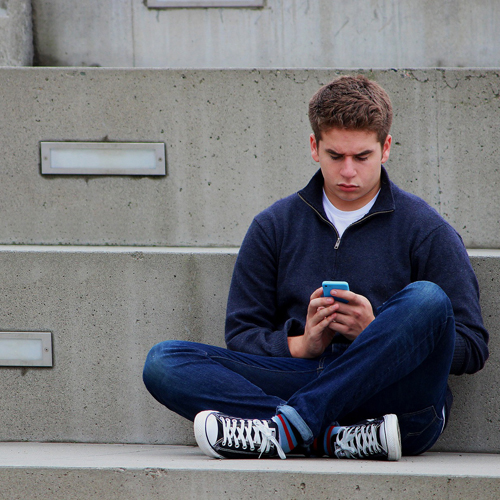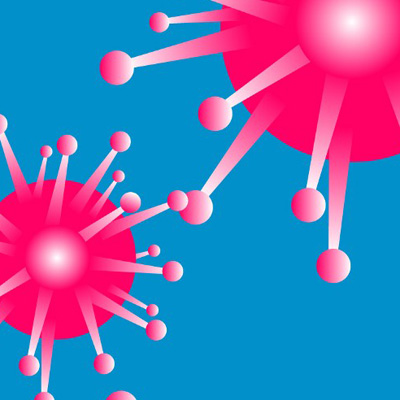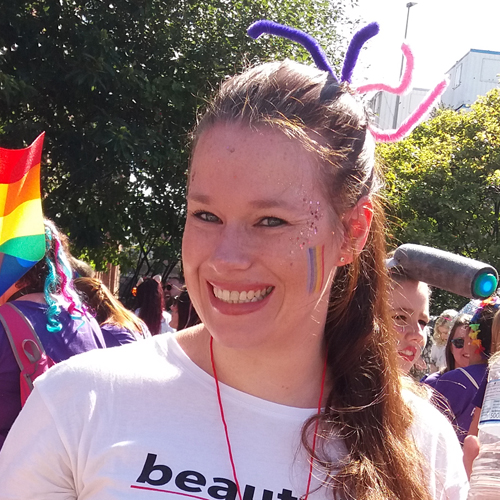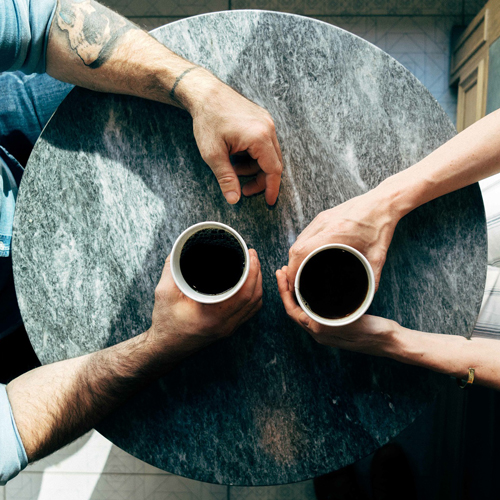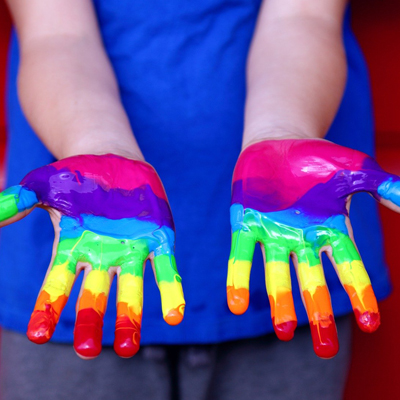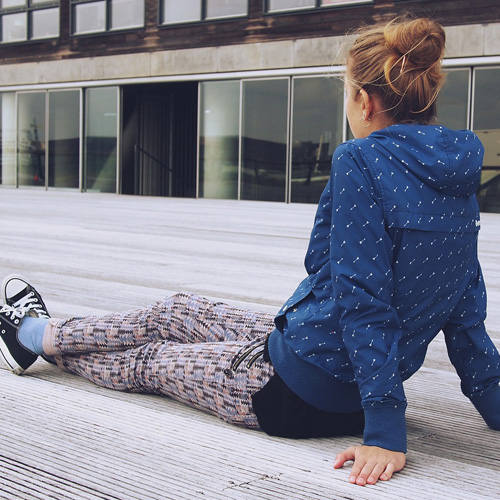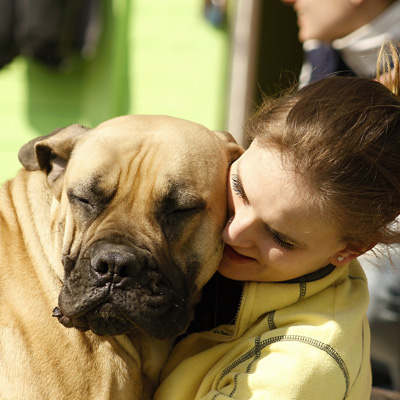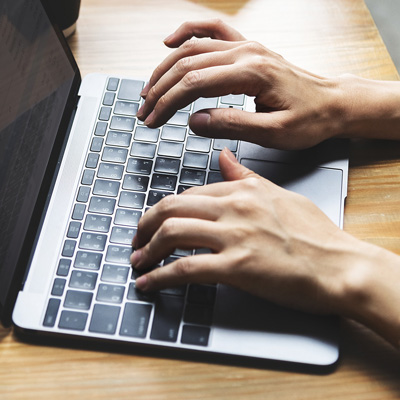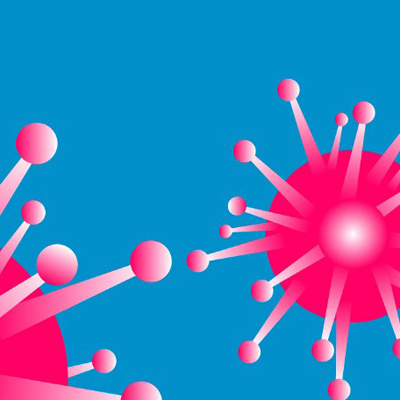Returning to "normal"
Reading time: 5-7 minutes
This page talks about Covid-19 and anxiety.
Any change in life can be difficult, regardless of whether it’s deemed ‘good’ or ‘bad’. Just like Covid-19 and its lockdowns have presented challenges for many people, returning to some kind of normality might have an effect on your mental health too.
We want to assure you that it’s normal to experience feelings of apprehension about the relaxation of rules and regulations. Even though certain rules have now been eased and services have been reintroduced, you don’t have to feel pressured to launch yourself back into things right away.
With that said, try to remember that things will get easier over time. Just like you were forced to adapt when Covid-19 hit, you will find yourself getting accustomed to the new normal – it just might take some time and additional support if needed.
All a bit much?
Any feelings that you’re having about the end of lockdown are completely valid. It’s understandable if you’re excited, nervous, uncertain, or a combination of lots of different emotions!
After a long period of not being around many people, it’s natural to experience increased levels of social anxiety. You might feel nervous about being in crowded places again, or meeting family, friends, colleagues or classmates who you haven’t seen for a long time. Perhaps your body has changed over the course of the pandemic and you’re worried about being judged by others who haven’t seen you in a while. If this is the case, you might find our page on dealing with Covid body changes helpful.
For a lot of us, our homes have become a place of comfort and routine during lockdown, so it might feel quite scary to leave that safe space. You might feel anxious about sticking to new rules that perhaps weren’t in place before, like one-way systems around shops or the number of people allowed in cafes. Maybe you’re worried about accidentally breaking these rules and being called out for it.
With the reopening of shops and other services, you may also have concerns about germs, wearing masks and maintaining distance from people. There can also be uncertainty about what the expectations are in various places now. This is difficult for all of us, but it might be particularly distressing for people with conditions like OCD (Obsessive Compulsive Disorder).
Returning to school after learning online, or going back to the office after working from home or being on furlough, might make you nervous for a number of reasons. You might doubt that you’ll be able to get back into the swing of things or remember how to do certain tasks. Stress might also play a role, especially if you have lots of work to do on your return or if you have assignments to complete.
There are plenty more reasons why you might be feeling anxious about things going back to ‘normal’. If you can, try to remind yourself that most people will be experiencing some amount of concern and you’re not alone in how you’re feeling. Also remember that it’s ok if you don’t feel like inserting yourself back into society as soon as rules and regulations are lifted!
What might help?
Although no-one can control what happens after lockdown, there are a few things that you can do to help ease whatever anxiety you might be feeling:
- Talk to people! Telling someone about your worries might help you to feel less alone, as you’ll probably find that most people are experiencing similar feelings at this time. Those things that cause you anxiety may well be doing the same for others. If you share your concerns with another person, you could even try facing some of your fears together, e.g. going to the shop with them to find out what the expectations are now together! If nothing else, opening up can give space to your thoughts and provide you with a sense of relief.
- Go at your own pace and do things that feel comfortable to you. Even when lockdown is officially over, it doesn’t have to be for you. If this means carrying on as you have been for the past few months, even after lockdown has been lifted, that’s ok. Don’t rush back into things just because other people are!
- Set small challenges. You might find it helpful to challenge yourself every week (or however often is comfortable for you) so that you slowly get used to life after lockdown. If you’re feeling anxious about being in busy places again, perhaps you could challenge yourself to sit in a shopping centre for 5 minutes every week. If you’re avoiding going to the big supermarket, maybe try visiting a smaller store first.
- Focus on the present. It’s reasonable to feel uncertainty over the future. You might worry that there’ll be another lockdown further down the line, or have concerns about getting a job or going to university. Whatever it is, try to bring some awareness to the present. Ground yourself by focusing on your breathing for a few minutes (there's more advice around this on our page about anxiety), or write down three things that you can see and hear. Try to remind yourself that you can’t control what might happen and right now, no-one really knows what’s round the corner!
Where to go for more support
If you’re feeling a lot of stress and anxiety relating to life after Covid-19, you might want to find additional support or resources:
- Seek support from 42nd We’re here to help anyone whose mental health is being affected by Covid-19. If you want to chat with one of our workers online via text, you can register for ongoing online support via our online support portal. We also hold weekly drop-in sessions so that you can speak to a worker without an appointment.
We provide a number of face-to-face services too, all of which offer something slightly different depending on what you want to get out of the support. Overall, though, every service provides you with someone who will listen, acknowledge your feelings, and work with you to develop positive coping strategies. You can read about our services here.
- The Mental Health Foundation has some useful tips on dealing with life after lockdown.
- Rethink Mental Illness has a page about managing anxiety as rules and regulations are lifted.
- YoungMinds covers the effects that coronavirus might be having on your mental health, as well as some useful tips and links to blog posts about what has helped other young people. Their free messenger service is also available 24/7 if you’d like to chat to someone about your feelings and experiences via text.
- Check out our other resources on post-Covid worries. You might find it helpful to read our pages on dealing with body changes or feeling behind.
- Download a mindfulness app. Mindfulness is a form of meditation that’s centred around awareness and being in the present. There are plenty of free apps out there dedicated to mindfulness, such as Headspace, Calm, Smiling Mind and WellMind. The Headspace YouTube channel has some great videos about mindfulness, and their website also has a few meditations to help with stress and panic.
By: Ruby Guyler
Other Articles you may be interested in





